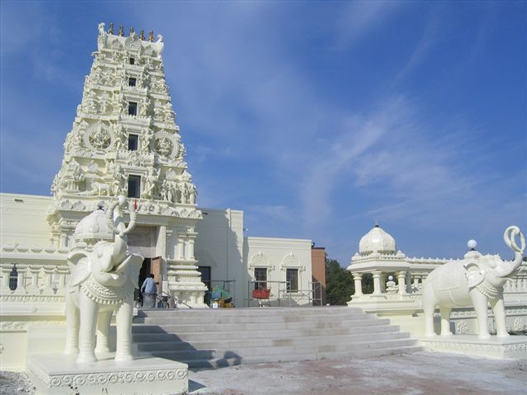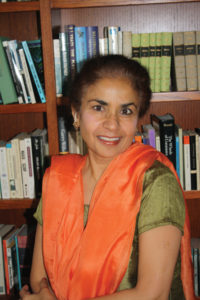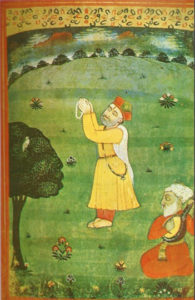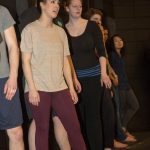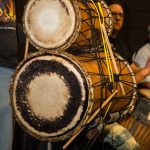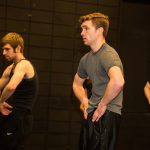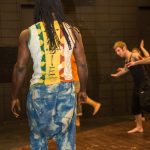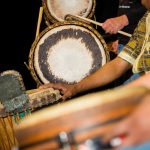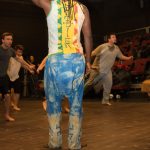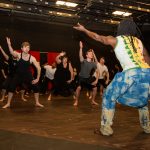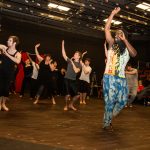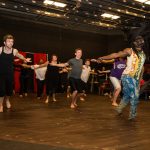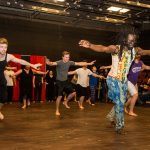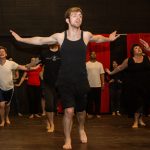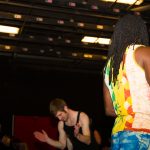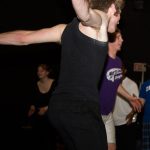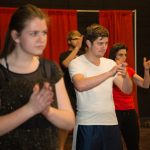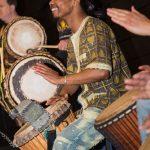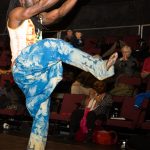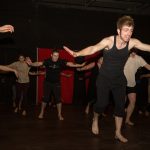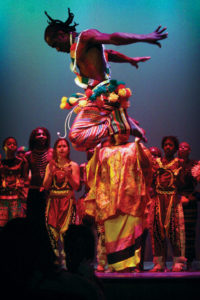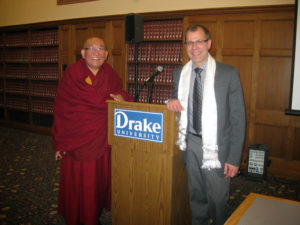Saturday, September 6, 9:00 a.m. to 12:00 p.m.
First Christian Church, 2500 University Avenue, Des Moines
Learn to Meditate!
You are invited to participate in a meditation workshop on Saturday, September 6. The event features six local meditation instructors, each of whom will teach classes on their meditative practice, then engage in dialogue with one another about these practices. Participants will have the opportunity to learn about and try several techniques. Free and open to the public. Light breakfast will be served.
Meditation Instructors and Techniques:
- Charlie Day, founder of the Des Moines Meditation Group, will teach universal breath meditation.
- Eido Epse, head priest at the Des Moines Zen Center and vice abbot of the Ryumonji Zen Monastery in Dorchester, Iowa, will teach Zen shikantaza “just sitting” meditation.
- Betty Ruth Krueger, author and senior meditation instructor with the Art of Living Foundation, will facilitate a pratyahara “substitute food for mind” meditation, in the tradition of the Patanjali Yoga Sutras.
- Prasad Palakurthy, cardiologist at UnityPoint Health and yoga instructor at the Hindu Temple and Cultural Center of Iowa, will teach Hindu Kundalini Yoga.
- Kathy Reardon, spiritual director in practice at the Des Moines Pastoral Counseling Center and commissioned presenter of centering prayer by Contemplative Outreach International, will teach centering prayer.
- Father Silouan, an Eastern Orthodox rassaphor monk who has established close relationships with the Greek Orthodox Church of St. George and St. Demetrius Serbian Orthodox Church, will teach the Orthodox Christian mystical eremitic prayer tradition, hesychasm.
Listen to audio of the Dialogue portion of the event:
[sc_embed_player_template1 fileurl=”http://comparisonproject.wp.drake.edu/wp-content/uploads/sites/92/2014/08/Meditation_Dialogue.mp3″]
